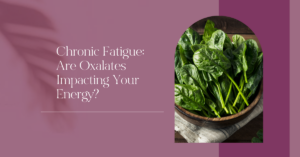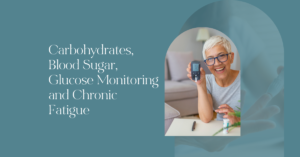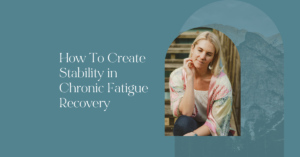Often women tell me that they find they can stick to their eating plan just fine and then, come THAT time of the month, they get hungry, they crave carbohydrates, their energy dips, making them crave sugar even more, they feel bloated and fat, which makes them seek comfort in food, not to mention the hormonal flurry of emotions which can also drive us to seek solace in whatever we can find in our kitchen cupboards.
We step on the scales and the numbers we see reflect the way that we feel. Fat, bloaty and retaining water like a sponge.
All that hard work down the drain because we have gained 4 pounds since yesterday! Since yesterday!
It just ruins everything, doesn’t it?
Did you know, it doesn’t have to be this way?
Now, I am not saying I can wave my magic wand and all the pre-menstrual blues will disappear. But there is a lot we can do to manage this situation. Here are the most important:
PLAN
If you have a regular cycle, mark out the last week in your calendar so that you are mentally prepared for what is about to happen. So many times I have been caught off guard. Why do I feel like this? Why am I so hungry? Why do I just want carbs? Why is my digestion off?
A few days later… oh that’s why…
[I am sure you can identify]
If your cycle is not regular, it may be worthwhile spending a little time working on why this may me. A lot of women I work with on the Ladies that Lift program have reported increased cycle regularity and return of their cycle after a period of amenorrhea, when we get them eating and training right. Stress is a major contributing factor and although I really feel that diet and exercise can be major players in someone’s stress load (I see so many women under eating and over training), there are other factors to consider too.
BLOOD SUGAR BALANCE
Pre-menstrual cravings can sometimes be a sign of insulin resistance. Did you know that 1/3 of people may present with some insulin resistance? So it’s likely (but not definite), if you experience very bad cravings, you could be experiencing some cyclical insulin resistance or insulin resistance generally. Personally, this is something that I do not experience every cycle, but it can be much more noticeable on some cycles compared to others. There are a few factors that can make this worse:
- Stress (relationship, work, lifestyle etc.)
- Stress from over-exercising.
- Stress from under eating
- Stress from over exercising and under eating
- Carb restriction
- Stress from sleep deprivation
- Stress from over reliance on stimulants
I think you get the picture. So if you can plan ahead, make the last week of your cycle one when you really prioritise sleep, meditation, positive mental attitude and make sure that you are not over doing the exercise and under doing the carbs.
Interestingly, and I have commented on this many times before, with the popularity of high fat and low carb diets I see a lot of women over doing it on the fats. There is a lot of bacon, eggs, lamb, nut butter, peanut butter, nut based meal replacement bars, full fat yoghurt, coconut products, butter and cream in many women’s diet. There is usually a much smaller amount of oily fish, flaxseed, chia seeds, green and leafy vegetables, hemp, olive oil, olives and avocado. Just because it is primal does not mean you can eat as much of it as you like. You would be surprised how quickly these foods add up and a surplus of fat can contribute to this overall picture of insulin resistance and inflammation.
Again an observation, but some people do better on a higher fat diet and others just don’t. It’s all about learning what your body needs and what works best for you.
ADJUST YOUR MACROS
Prior to menstruation and ovulation we see a rise in oestrogen and in doing so the body may shift slightly towards a greater reliance on carbohydrate for fuel. When my clients say they get carb cravings related to their cycle I just tell them to eat more carbs! It’s what your body wants right? But what we do is drop off fats or proteins a bit to keep total calorie load the same.
There can be an increase in energy expenditure at this point in the cycle so adding in an extra 50g of carbs (250g of sweet potato) is actually only a small amount of extra food, 200 calories. What is more, an increased carbohydrate intake may positively affect serotonin, our happy hormone, and alleviate negative changes in mood.
WORK ON HEALTHY OESTROGEN METABOLISM
As described above, it is the surge in oestrogen around the cycle that can drive carb cravings. Although this is a normal part of being a women, those women who tend towards oestrogen dominance, having a higher level of oestrogen to progesterone, would experience this to a greater extent than those within a better state of hormone balance. Discussing the in’s and outs of hormone balance is a major discussion point and if you would like to know more you can download by eBook on the topic. But generally speaking we want to focus on:
- Blood sugar balance
- Stress management
- Exercise (but not too much)
- Good gut health
- Plenty of omega 3 from oily fish
- Fibre
- Flaxseed
- Brassica vegetables
- Exercise
- Plant based foods in a variety of colours
- Fermented Foods
- Maintaining a healthy body composition
BE PREPARED FOR WEIGHT TO CHANGE
Some months I can get more symptoms than others, the more stressed and sleep deprived I am, the more likely this will be. Last cycle I did feel particularly “fat”. My digestion was off and I just felt bloated. I think this was partly aggravated by the fact that it came just after Easter and I had eaten way too much bad quality chocolate.
I weigh myself a lot actually out of interest. I always advise my clients not to get too caught up in scale weight but I am fascinated by how much and often it changes and in response to different things. It is much more a case of “observing with interest” than having any emotional attachment to being a certain weight.
This particular cycle my weight went up about 2 pounds over night and 4 pounds over the course of a few days. I was the heaviest I had been in about 6 months or more! If I didn’t know better I would have freaked out and blamed the Easter chocolate (I did eat a lot!) but by the same time the next week I was 5 pounds down. Crazy stuff.
It is really impossible that one can gain 2 lbs of fat over night. There are so many things at play, mostly water. Therefore, if you are eating well, sleeping, and training in a balanced way, just let go of the emotional attachment to the scale and be patient.
MAINTAIN A POSTIVE MINDSET AND DEAL WITH UNDERLYING EMOTIONAL ISSUES
If you are an emotional eater, it is likely that you could expect to see an increase in this tendency around this time of the month. Emotional eating, similar to balancing female hormones, is a major topic for discussion. This should ideally be tackled daily or across the whole month with greater awareness during the final week of the cycle.
Most people will tend towards emotional eating when stressed. Therefore, the advice to emphasize stress management in the final week of the cycle may in itself help with eating emotionally.
Whenever one of my clients falls off track with their diet there is ALWAYS something else going on. It could be a relationship issue, a work related stress, family politics, social pressures or even pressure that we place unnecessarily upon ourselves. The key is getting to the root cause of that issue and finding coping mechanisms other than food.
I recommend all my clients meditate daily for at least 10 minutes. Learning the practise of daily meditation is a useful tool to teach focus and empower you to take control of changing your own emotional state instead of using food to do it for us.
IN SUMMARY
- Work on regulating your cycle: stress management and appropriate nutrition and training
- Eat in a way the supports healthy hormonal balance
- Plot out your cycle each month, plan ahead
- Prioritise stress management in the last week
- Plan for increased food or carbohydrate consumption in the last week
- Work on underlying emotional issues, meditate daily
- Do not be an emotional slave to the scales, “observe with interest”
If you feel that you want more support with managing your nutrition, training and lifestyle, apply to work with me by completing the following form













